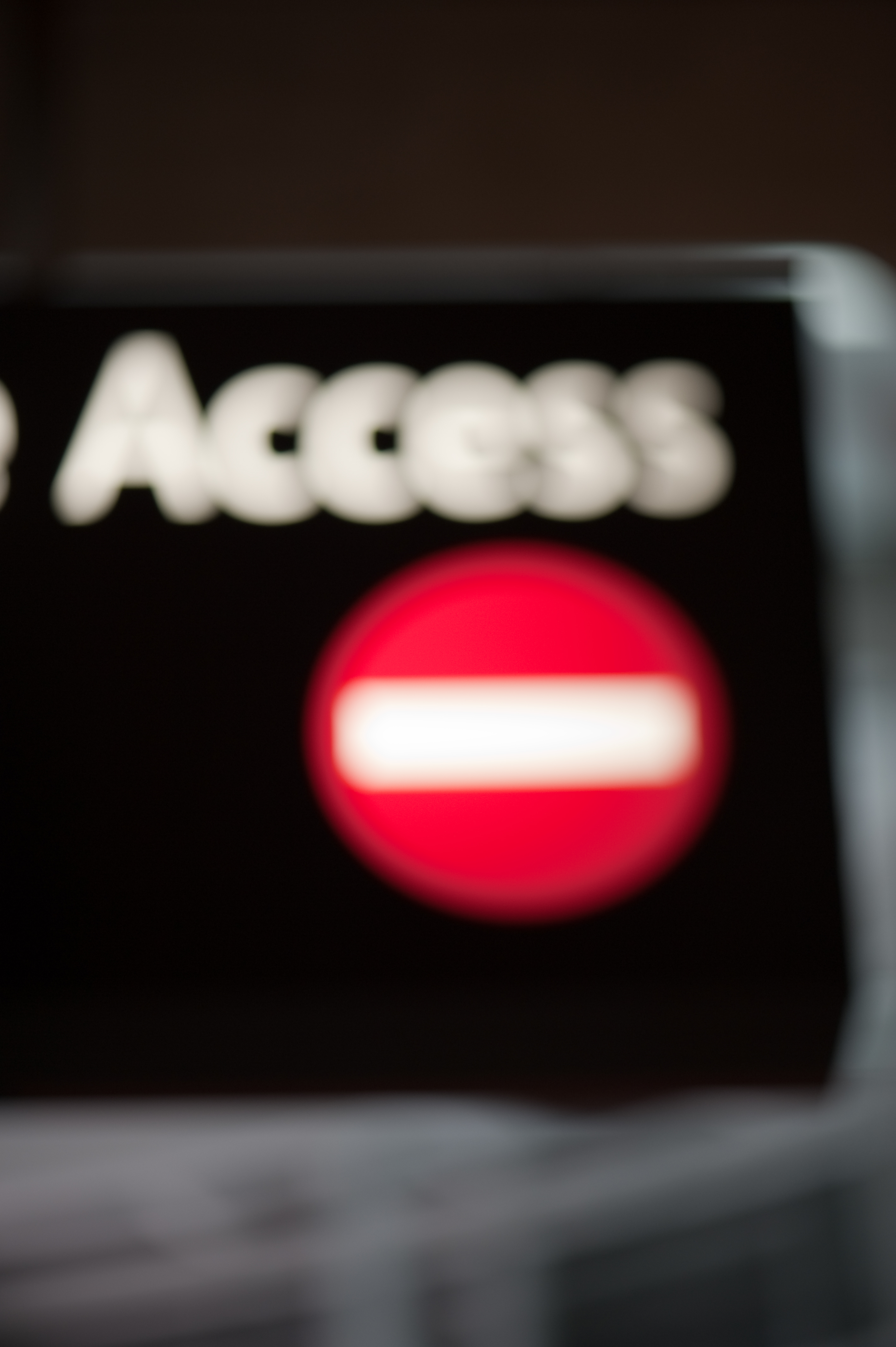Article 13 is an attack on the open internet
“Article 13 favors well-established tech monoliths over innovative startups, and will stifle creativity and innovation. Today the European Parliament has further normalized a situation in which our public discourse is held captive by a handful of North-American multinationals. It's a disgrace.”
“It is easy to underestimate the influence the European Union has on our personal lives and freedom. This dossier shows how important it is to go out and vote in May. At the very least, the vote today offers you an indication which political parties you should not count on to support an open internet.”
